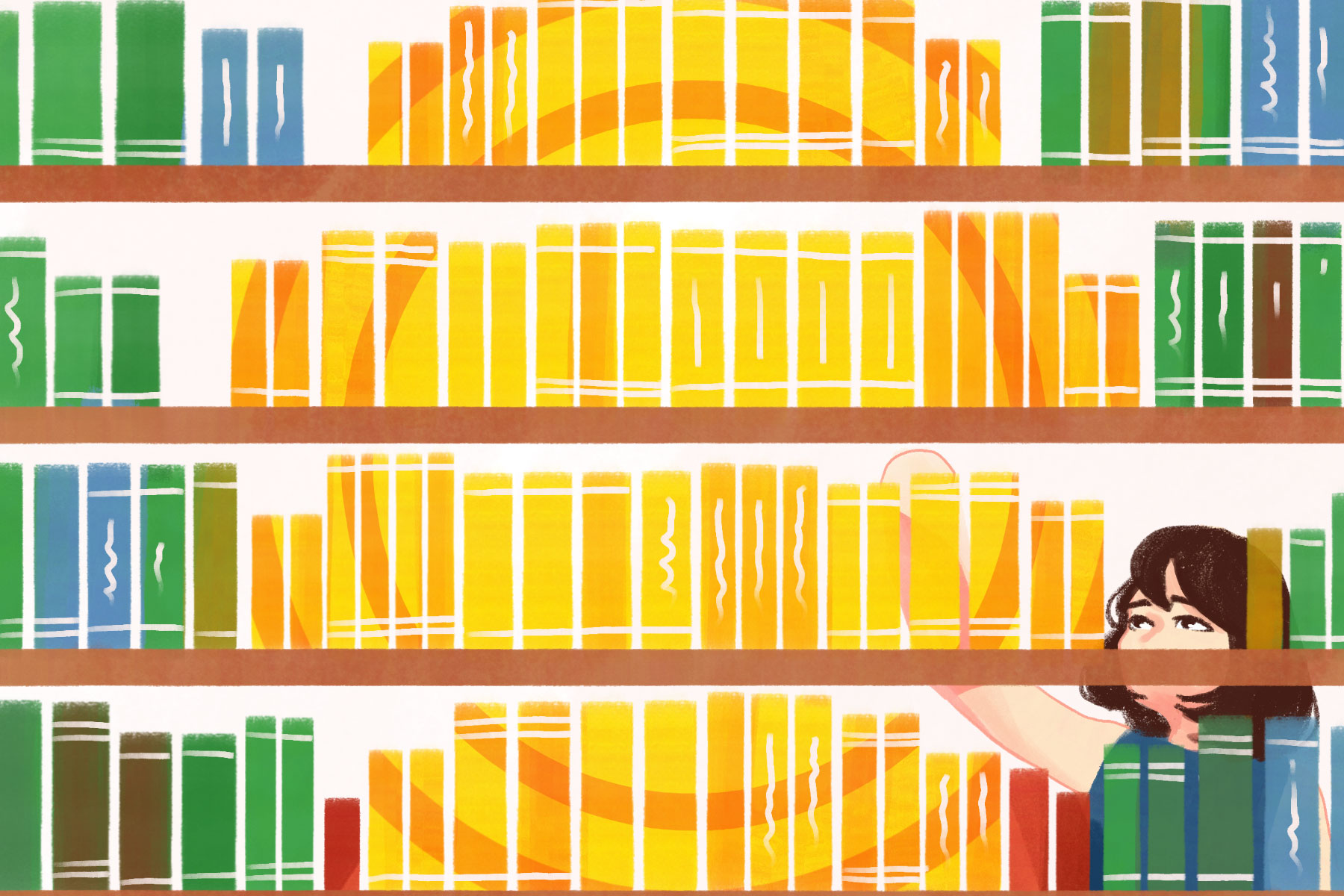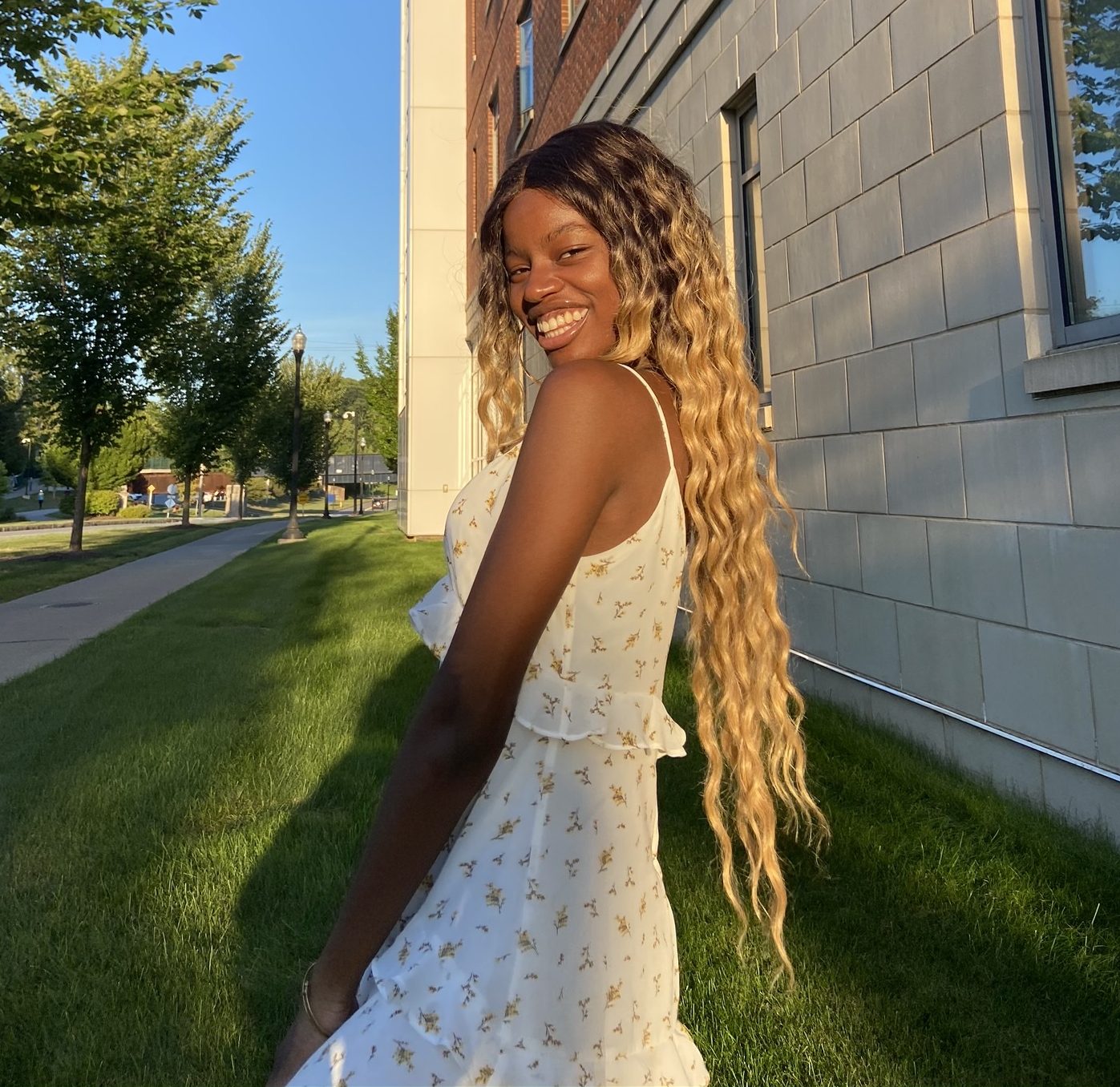It’s that time of the year again! The new year is about to roll around and the Goodreads 2020 Choice Award winners have been announced. And people are not happy. As someone who actively uses Goodreads not only as a way to discover new books but to follow my favorite BookTubers, comment on my friends’ reviews and track my reading progress throughout the year, I like to look out for the Choice Awards to see if they’ll have anything new to offer me. But I wasn’t surprised to see that once again, Goodreads failed the people that actually are invested in this community.
What fits into what genre?
Every year Goodreads throws their annual Goodreads Choice Awards where millions can cast their votes for the “Best Books of the Year.” And every year, people wonder if Goodreads actually read these books or if they’re closing their eyes and randomly selecting nominees; sometimes the winners just don’t make sense. For 2020, the lists confirmed many people’s suspicions.
This year, the winner for best romance book was “Blood and Ash” by Jennifer L. Armentrout, which many thought was a good choice. The romance is well-developed, there was a happily-ever-after and the book has a good plot. The nominees, however, have a little more explaining to do. For one, Goodreads needs a women’s fiction category because some books that were nominated for the best romance this year (and years previous) don’t really fit into the romance genre.
Case in point: “One to Watch” by Kate Stayman London and “The Switch” by Beth O’ Leary. “One to Watch” is about a woman becoming the first plus-sized contestant on a dating reality show and “The Switch” is about a grandmother and granddaughter switching lives for a period of time; although both books contain romance, that’s not the sole focus of either of the books, and they should not have been nominated under this category.
Many question why “Blood and Ash” was categorized as a romance book when, just like “House of Earth” and “Blood: Crescent City” by Sarah J. Maas, it could also be considered romantic fantasy. “Crescent City” was voted solely under the fantasy category and won this year. This begs the question: Is it fair to have more than one book under two different genres when genres have subgenres (romantic fantasy, horror mystery, etc.)?
Honestly, I’m not sure. Certain books have more prominent themes that lend themselves better to certain genres but others are so intertwined with multiple generic conventions that it can be hard to classify them. However, this doesn’t remove the fact that Goodreads needs to have more versatility with how they categorize books. Which brings back the point about having a women’s fiction category, so as to not cause confusion or devalue the impact these two genres have individually. When these two categories are combined, it says that women’s fiction is romance and romance is always for women, which is obviously not the case.
Voting Criteria and Promotions
However, this only adds to the overall problem of finding a satisfactory criterion for these nominees. The timeline for the preliminary votes is between Oct. 27 and Nov. 8. Then there’s the semi-final round and final round before the winners are announced on Dec. 8.
This year, there were two books in the fantasy genre that were nominated without the books even being released yet, which caused some irritation. And under the romance genre, “Holidaze” by Christian Lauren was nominated just two weeks after it had been released.
Now we all know that Goodreads has been bought by Amazon and as a result, they’re going to push for these big names to appear prominently in the awards, but what does this do for regular readers? For readers and authors alike, the voting process is skewed and the votes don’t seem genuine because now people are voting on books that they’ve yet to read. Simply because these are big names within the genre, people vote for these books without any idea of the quality of the content. Not only that, it then takes away spots from other authors who people have actually read and enjoyed this year.
So it’s pretty clear that the Goodreads site is only pushing out sales for authors that will make them more money, but they might consider pushing other authors who don’t have big marketing behind them that the people actually liked. But maybe Goodreads doesn’t want to take a chance on the people. Oh well.
Representation for Indie Authors
Goodreads’ rating criteria allegedly looks at how many times a book is shelved — or, how many people have added it to their “want to read list” — except “A Rogue of One’s Own” by Evie Dunmore, one of the nominees in the romance category, was only shelved 5700 times. Granted, Christina Lauren’s book was shelved 64,000 times by Oct. 30, but as far as representation for indie authors go, there’s no room for them on the list. And it shows the lack of effort Goodreads put into adding books that people actually liked this year compared to the big names.
I was happy to see Mariana Zapata make the list, though she was added in in the later rounds of voting. But “A Rogue of One’s Own” simply does not do justice to the historical romance genre, especially since it was the only one on the list. But it’s a trade paperback and many historical romances are solely mass-market, which means they’re rarely on Goodreads’ lists. None that I’ve seen at least.
Goodreads might argue that indie authors aren’t doing as well but it’s not true. Jesse (from peacelovesbooksxo) said that there are indie authors that are making six figures and independent bookstores are booming more than ever, but according to Goodreads, apparently that’s not enough.
The reason why indie authors and independent bookstores are doing so well isn’t because of the big names: “It’s about community. [So] rather than trying to compete with Amazon on price, [they do] things that often can’t get connected to an algorithm,” said Ryan Raffaelli. Which means inviting smaller authors into these spaces to speak on their work and have those in the community (whether that be online or in-store) listen and interact with them. They’re able to connect with these real-life stories that are full of more representation and give back to their local economy. Although, as long as Book of the Month classifies these books as “best romance books” then the Goodreads’ list can’t possibly be wrong.
However, the diversity on this list has definitely gotten better this year. In the romance genre, “Boyfriend Material” by Alexis Hall was nominated (which gave representation to male-male romance by a male author), and “Something to Talk About” by Meryl Wilsner is a sapphic romance (although many didn’t consider it romance due to the lack of romantic development).
And although we love and need representation for people of color in the genre, there needs to be more than just one Black romance author that receives the spotlight. Talia Hibbert did make the preliminary nomination rounds for her book “Get a Life Chloe Brown,” which features two Black main characters, but she did not end up among the final nominees. Once again, if Goodreads would have tapped into the indie world they might have found many other authors that wrote amazing books this year, but I digress. “You Had Me at Hola” was also on the list, but it didn’t do so well with a 3.82 rating.
So, if the quality of the content for these books are not even being considered for these book nominations, the numbers are inaccurate and certain people, such as indie authors, are getting blatantly excluded, who are these awards actually for?
The Future of Goodreads
Over the years, there have been companies that have tried to compete with Goodreads but have not been successful because it’s hard to win against Amazon. However, there’s a new book cataloging site that’s in the works called The Storygraph. It’s founded and independently owned by Nadia Odunayo and while still in beta it has a sleeker design and many other features that Goodreads doesn’t have, such as a more detailed “five star ratings” and books that are added to the catalog based on more personally curated reviews.
People like Leena Norms have talked about how Goodreads went from this wholesome, independently run site and turned into this monopoly of a book business. The one thing Amazon’s Goodreads doesn’t have is the sense of community that Goodreads was supposed to be based off of. Things have changed.
This doesn’t mean that Goodreads is or will one day be obsolete, or that people should stop using the site, but people are hoping for a change for both the site and the future of the book award ceremonies. It’s a tough pill to swallow, but until Storygraph is on air and successful enough to even be considered a competitor, Goodreads is all we’ve got. Storygraph is based in the UK and there’s no launch date as of yet. So here’s to hoping next year will be better.

















